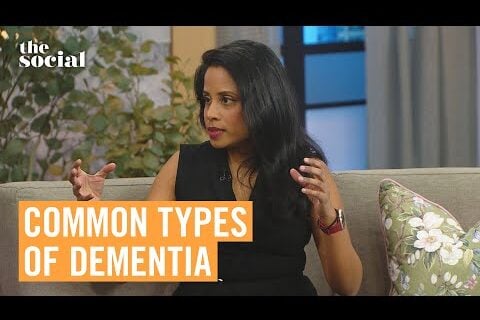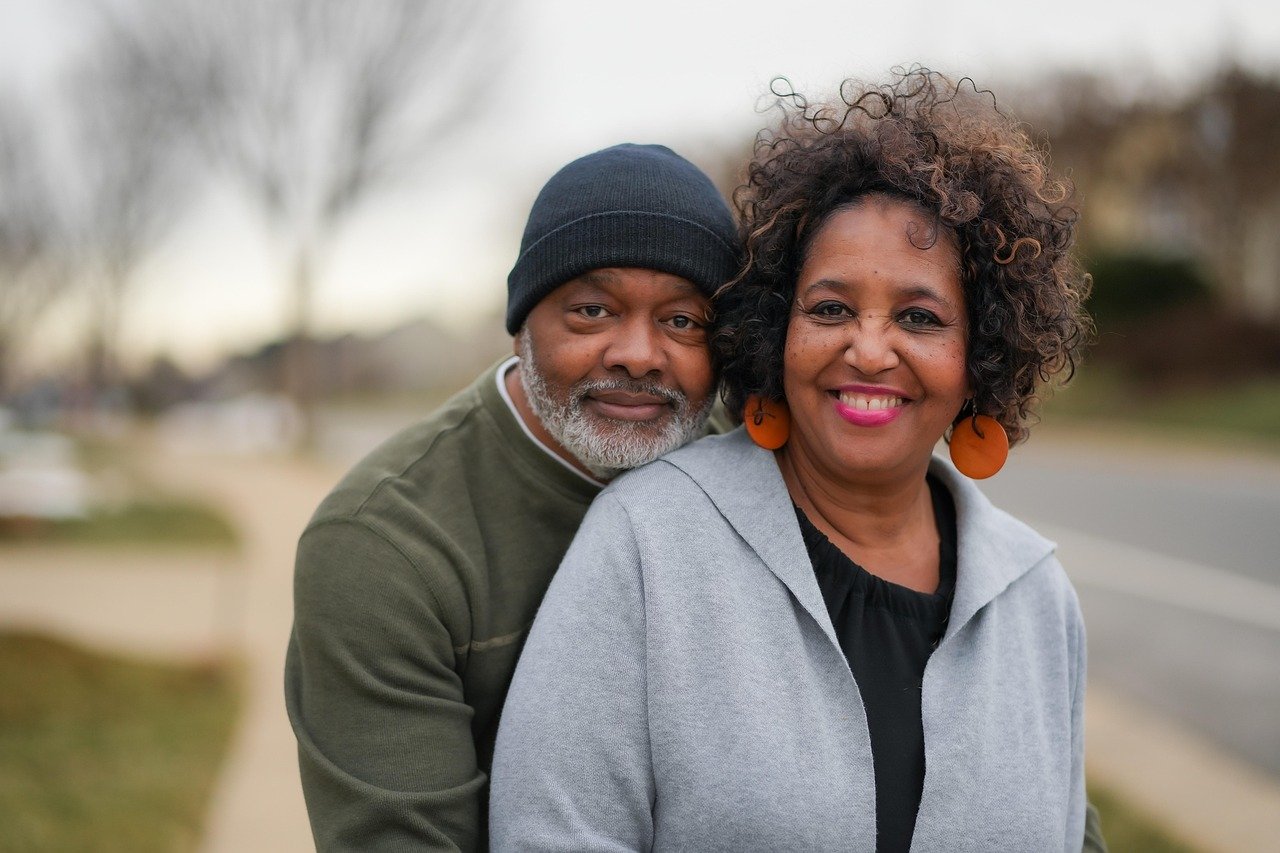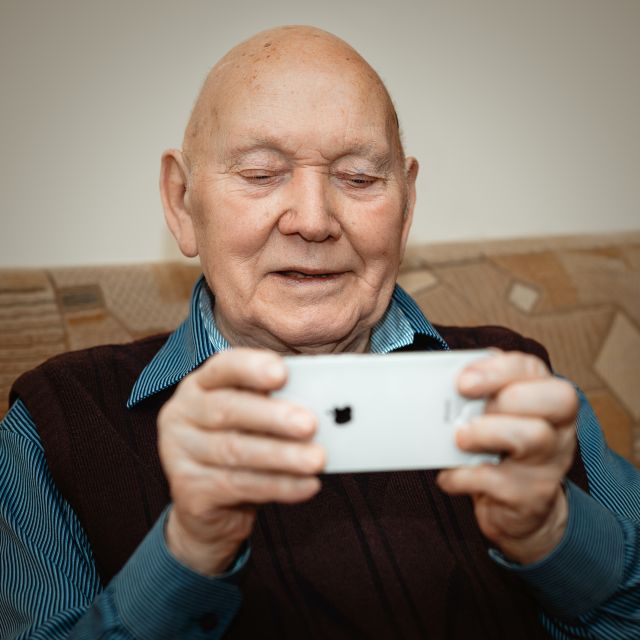
85 with Dementia? Good Chance It’s HS-AGING, Not Alzheimer’s
Three important dementia studies focus on HS-AGING, a type of dementia almost as common as Alzheimer’s in the 85+ group. Yet few people have heard of it. Why? What makes it different?

Three important dementia studies focus on HS-AGING, a type of dementia almost as common as Alzheimer’s in the 85+ group. Yet few people have heard of it. Why? What makes it different?

UNDERSTANDING ALZHEIMER’S: Lisa Genova wrote the Alzheimer’s classic, “Still Alice”. See her discuss myths and facts about Alzheimer’s with leading Alzheimer’s activist Maria Shriver.

60 Minutes checks in on the groundbreaking “90+ Study”. Lesley Stahl revisited the participants, aged 90+, whom she first met in 2014., See the latest on leading longer, healthier lives, with special focus on memory and dementia.

Accurately diagnosing a dementia type can be very beneficial, even life-saving. With over 100 dementia types but no simple test, see tools and techniques to better diagnose dementia.

Women have long claimed that they can remember things better – and longer – than men. An important study sheds light on the matter. Learn how women’s memory performs at various stages of life.

Ten years ago, we knew of only 10 genes associated with Alzheimer’s. Today, we know of more than 70 relevant genetic regions. Understand the role genes play in Alzheimer’s.

Did you know women have a higher risk of dementia than men? In fact, two-thirds of cases are women. But why? In this video, we dive into 5 reasons why women are more susceptible to dementia, backed by research and scientific studies.

FREE LBD BOOK, by America’s NIH. Insights into caregiving, movement, sleep & behavior. Often misdiagnosed as Alzheimer’s or Parkinson’s, 1 million Americans have Lewy Body dementia. Learn more about it.

Skilled movements, like brushing teeth or opening car doors, are essential for daily living. Learn what happens when dementia triggers apraxia and these skills begin to fail.

Aphasia affects a person’s ability to communicate. It affects language functions, such as speaking, understanding what others say, and naming common objects. Learn its causes, types and a few tips.

Why early warning signs matter more than most people realize.

Hospital stays with dementia should focus on elder safety. See a special ER for seniors, equipped with brilliant features that speed comfort and care to this population.

Too much sleep and too little sleep can contribute to cognitive decline, researchers report. Learn more.

Dietary iron is an essential element in the brain. That’s why it is critical to understand how it affects Alzheimer’s. Researchers used advanced X-ray techniques to take a giant step forward in understanding iron chemistry in amyloid plaque, the main culprit behind Alzheimer’s. Learn more about their exciting new insights.

A deep promise to be there for an Alzheimer’s parent, this heartwarming song was written as a tribute to families facing dementia.

EMERGENCIES due to falling happen 54% more often in dementia. As a rule, 1-in-3 adults over 65 fall each year. Most falls happen at home. Make a few simple changes and prevent falls.

Researchers find education and intellectual stimulation appear to activate a genetic program in the brain that promotes resistance to cognitive decline. Find out more.
No spam, only news and updates.


